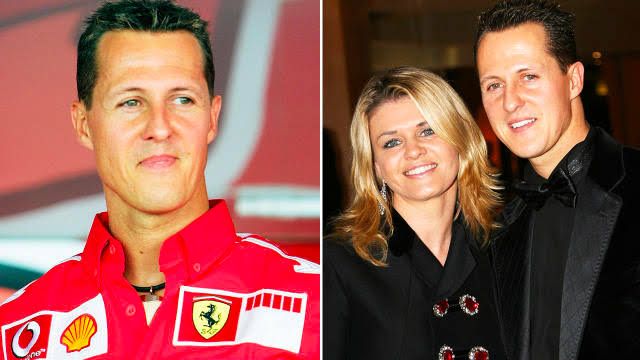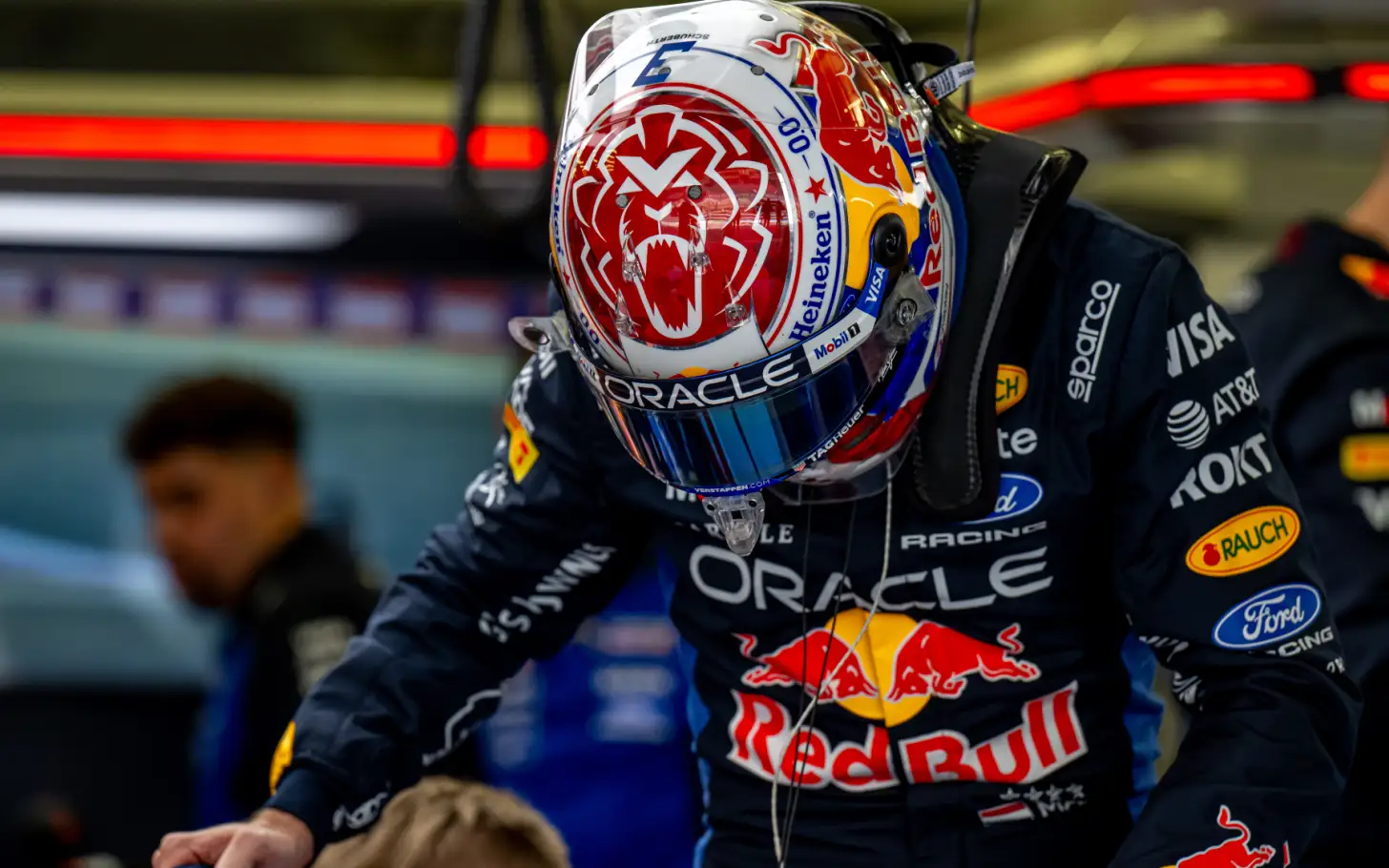Michael Schumacher’s wife releases statement after ‘massive b…read more
In a deeply troubling incident, Corinna Schumacher, wife of seven-time Formula One World Champion Michael Schumacher, has publicly expressed her profound distress following a significant breach of trust by a former family security guard, Markus Fritsche. Fritsche, who had been a trusted member of the Schumacher household for eight years, was implicated in a blackmail scheme targeting the family’s closely guarded private life.
The ordeal began when Fritsche, upon learning of his impending dismissal, allegedly stole a substantial cache of private materials from the Schumacher residence in Switzerland. This trove included approximately 1,500 photographs, 200 videos, and sensitive medical records detailing Michael Schumacher’s condition following his 2013 skiing accident, which resulted in severe head injuries. The family has meticulously maintained privacy regarding Michael’s health, making this breach particularly egregious.
Feeling aggrieved after his termination, Fritsche collaborated with nightclub bouncer Yilmaz Tozturkan and his son, Daniel Lins, to orchestrate a blackmail plot. The trio demanded a ransom of €15 million (£12.5 million) from the Schumacher family, threatening to release the stolen materials on the dark web if their demands were not met. The materials in question contained intimate insights into Schumacher’s life and medical condition, making the threat particularly distressing for the family.
Upon receiving the blackmail threats, the Schumacher family promptly involved law enforcement authorities. A thorough investigation ensued, leading to the arrest of Fritsche, Tozturkan, and Lins. The legal proceedings culminated in a trial at the Wuppertal District Court in western Germany. During the trial, it was revealed that Fritsche had transferred the sensitive files to Tozturkan for a “five-figure sum,” highlighting the calculated nature of the conspiracy.
The court’s verdict saw Tozturkan, identified as the mastermind behind the plot, receiving a three-year prison sentence. His son, Lins, was handed a six-month suspended sentence, reflecting his lesser role in the scheme. Fritsche, despite his central involvement and the egregious breach of trust, was given a two-year suspended sentence. This leniency in sentencing has been a point of contention and has not sat well with the Schumacher family.
Corinna Schumacher, in a rare public statement, conveyed her dissatisfaction with the court’s decision, particularly concerning Fritsche’s sentence. “We do not share all of the court’s statements, in particular that Mr. Fritsche is only accused of aiding and abetting and not of complicity,” she stated, underscoring the family’s resolve to seek justice commensurate with the gravity of the betrayal. The appeal aims to secure a harsher penalty for Fritsche, reflecting the severe impact of his actions on the family’s sense of security and privacy.
The family’s legal representative, Thilo Damm, echoed Corinna’s sentiments, emphasizing the profound sense of violation experienced by the Schumachers. Damm highlighted that Fritsche’s actions were not merely a breach of professional duty but a deeply personal betrayal, given the trust and confidence placed in him over the years. The legal team is steadfast in their pursuit of a revised sentence that appropriately reflects the severity of the offense.
This incident has reignited discussions about the ethical responsibilities of individuals entrusted with private information, especially concerning high-profile figures who deliberately maintain a low public profile. The Schumacher family has been particularly vigilant about safeguarding Michael’s privacy since his accident, making this breach all the more poignant.
The case also sheds light on the vulnerabilities that public figures face, even within their inner circles. Despite meticulous efforts to protect their privacy, the Schumachers have faced multiple extortion attempts over the years. In 2017, a 25-year-old man was sentenced to a suspended 21-month sentence for demanding €900,000 after threatening to harm their son, Mick Schumacher. These incidents underscore the persistent challenges that prominent individuals encounter in safeguarding their personal lives.
The legal proceedings have also highlighted the complexities involved in prosecuting such cases. While the mastermind received a prison sentence, the comparatively lenient suspended sentences for Fritsche and Lins have sparked debates about the adequacy of legal frameworks in addressing breaches of trust involving sensitive personal information. The Schumacher family’s decision to appeal reflects a broader concern about ensuring that legal consequences align with the gravity of the offenses committed.
As the appeal process unfolds, the case continues to draw attention to the ethical and legal responsibilities of those entrusted with private information. It serves as a stark reminder of the potential consequences when such trust is violated, particularly within the inner circles of high-profile individuals. The Schumacher family’s ordeal underscores the importance of robust legal protections and ethical standards to prevent similar breaches in the future.
In conclusion, the betrayal experienced by the Schumacher family at the hands of a trusted security guard has not only caused them profound personal distress but has also sparked broader discussions about privacy, trust, and the adequacy of legal protections for individuals in the public eye. As the legal proceedings continue, the outcome of the appeal will be closely watched, potentially setting precedents for how such breaches of trust are addressed in the future.




